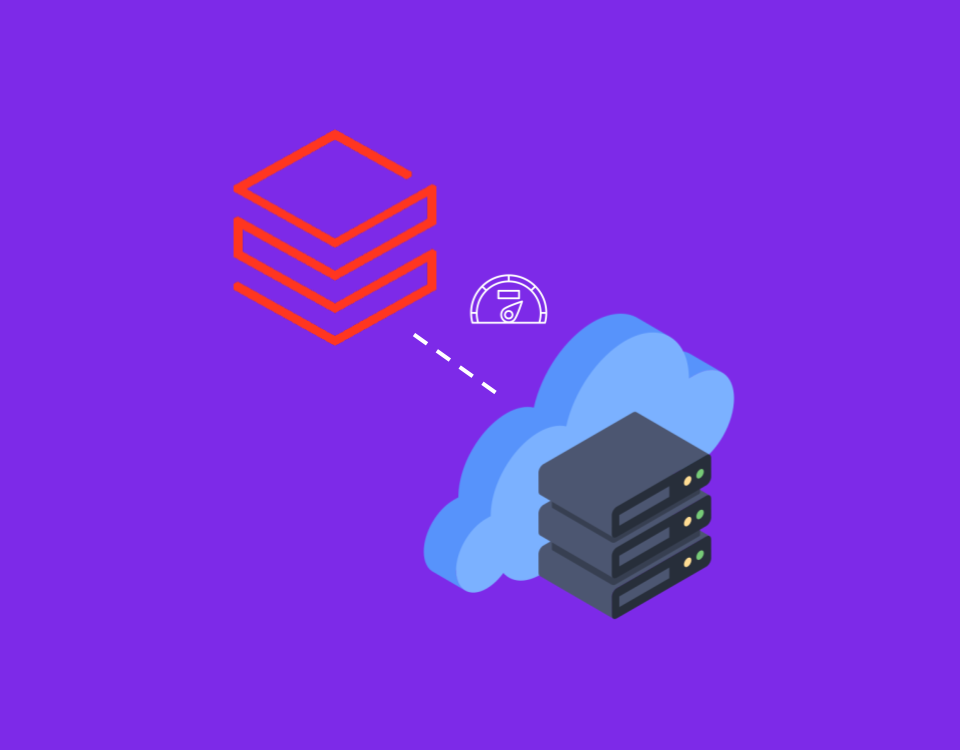Big data has changed the way we manage, analyze and use data in every industry. Health is one of the most promising fields where change can be made. Healthcare analytics have the potential to reduce treatment costs, predict the spread of disease, avoid avoidable diseases, and improve the overall quality of life. The average life expectancy of humans increases in relation to the world population, which presents new challenges for current treatment methods. Health professionals, like entrepreneurs, can gather large amounts of data and find the best strategy for using those numbers.
Big Data Analytics (BDA) enables new data-based to be used in competition with partner organizations to offer more effective products and services to customers. This computer-aided analysis method recognizes intrinsic patterns, correlations, and anomalies that result from the integration of large amounts of data from different data sets.
And in standard medical practice, range from relatively spontaneous and subjective decisions to evidence-based care. Examples include buying patterns and real-time consumer recommendations, as well as better understanding and understanding of consumer preferences and perspectives through affinity with certain social groups.
The general purpose of big data in health care is to take advantage of very large amounts of data and to ensure that the right patient intervenes in personalized patient care at the right time and benefits from all components of the health care system.

Summary
Health care and big data are closely related. The introduction of big data has become important for increasing the success of the health care industry. Not only does it help healthcare professionals provide better patient care, but it also creates clearer and more integrated marketing points for the entire industry.
Are you a startup in the healthcare industry? Then use big data analytics and automation for your services today!




